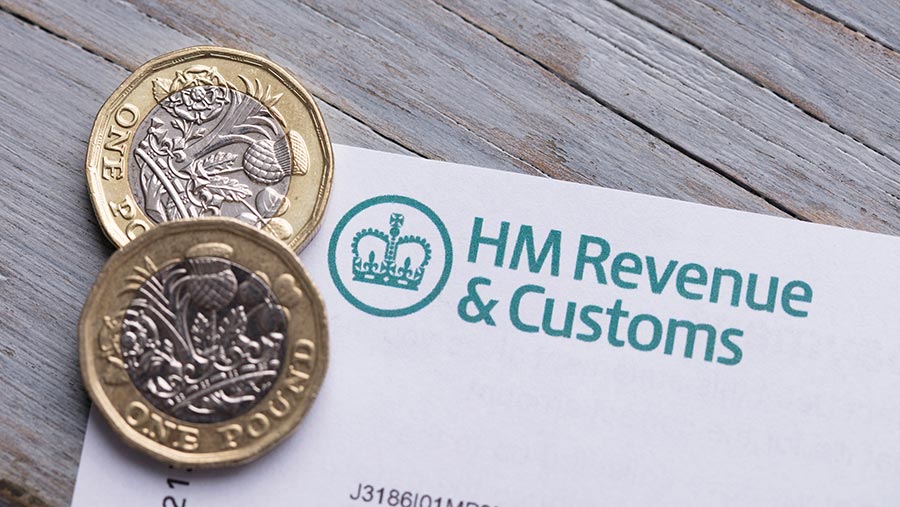Business Clinic: What do tax changes mean for our beef and sheep partnership?
 © Inkdrop/Adobe Stock
© Inkdrop/Adobe Stock Whether it’s a legal, tax, insurance, management or land issue, Farmers Weekly’s experts can help.
Andrew Robinson, partner and head of agriculture at Armstrong Watson, advises on changes to the basis for taxation of sole traders and partnerships.
See also: Business Clinic: must we pay additional SDLT on purchase of house with land
Q We run a beef and sheep farm in a family partnership. We prepare accounts to 31 December, but have read that all businesses will in future have to prepare accounts to 5 April. This would not be ideal for us as we would be in the midst of lambing and calving at that time. Is this correct, and what happens in the year of change – do we get taxed on 15 months of profit?
A. You are correct that HMRC has announced proposals to change the way that profits of self-employed businesses are taxed.
This will not affect farmers running their businesses through a limited company, who can continue with their preferred accounting year-end.
These changes – known as basis period reform – mean that from 2024 a sole trader or partner in a partnership will be taxed on the actual profits in a tax year, rather than the profits from a set of accounts ending in the tax year:
- HMRC acknowledges that many accounting dates are chosen for practical reasons rather than for tax purposes, and will not compel businesses to prepare accounts to 5 April
- HMRC will accept a 31 March accounting date as complying with the new rules
- All businesses that do not already have an accounting date between 31 March and 5 April will see their profits calculated differently from 2024
- If a business does not have an accounting date between 31 March and 5 April, it will have been taxed twice on the same profit in the past, most likely when the business commenced or a partner joined the business. This is known as overlap profit. In the transitional year to 5 April 2024, a person will be taxed on more than 12 months’ profit but will be able to deduct their overlap profit
- Any additional profits arising from the transitional adjustment in 2024 can be spread over five years
- If a business chooses to retain its current accounting date, then on its tax return the taxable profit will be made up of part of the profits from two accounting periods.
As stated above, you can retain your 31 December accounting date and, for example, your profit in the tax year ending 5 April 2025 will be 270/365 of the year ended 31 December 2024 and 95/365 of the year ended 31 December 2025.
This will give you a practical issue, as this tax return has to be filed with HMRC by 31 January 2026, and it is unlikely that the accounts to 31 December 2025 will be completed by this date.
Estimated figures can be used, which will need to be corrected later.
Having access to accurate management information to be able to make these estimates will be crucial, as interest will be charged on any tax paid late.
In conclusion, you should discuss with your accountant to decide whether to retain your existing accounting date.
You also need to find out how much overlap profit you have, and if you are likely to face an additional tax bill in 2025 because of the changes.
Do you have a question for the panel?
Outline your legal, tax, finance, insurance or farm management question in no more than 350 words and Farmers Weekly will put it to a member of the panel. Please give as much information as possible.
Email your question to FW-Businessclinic@markallengroup.com using the subject line “Business Clinic”.
